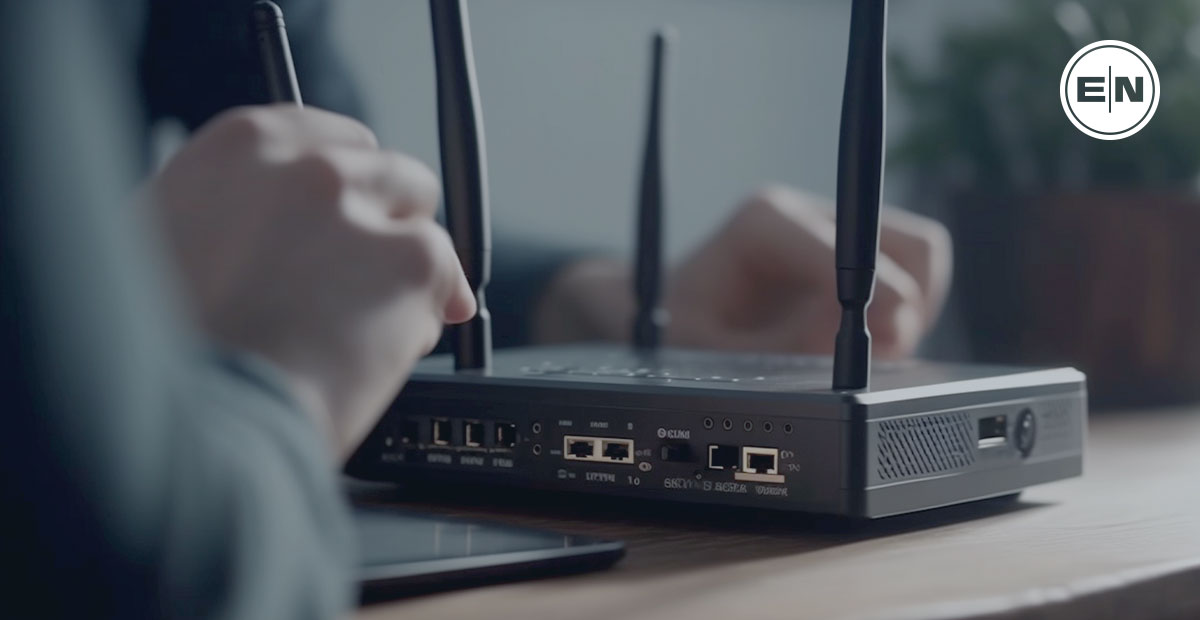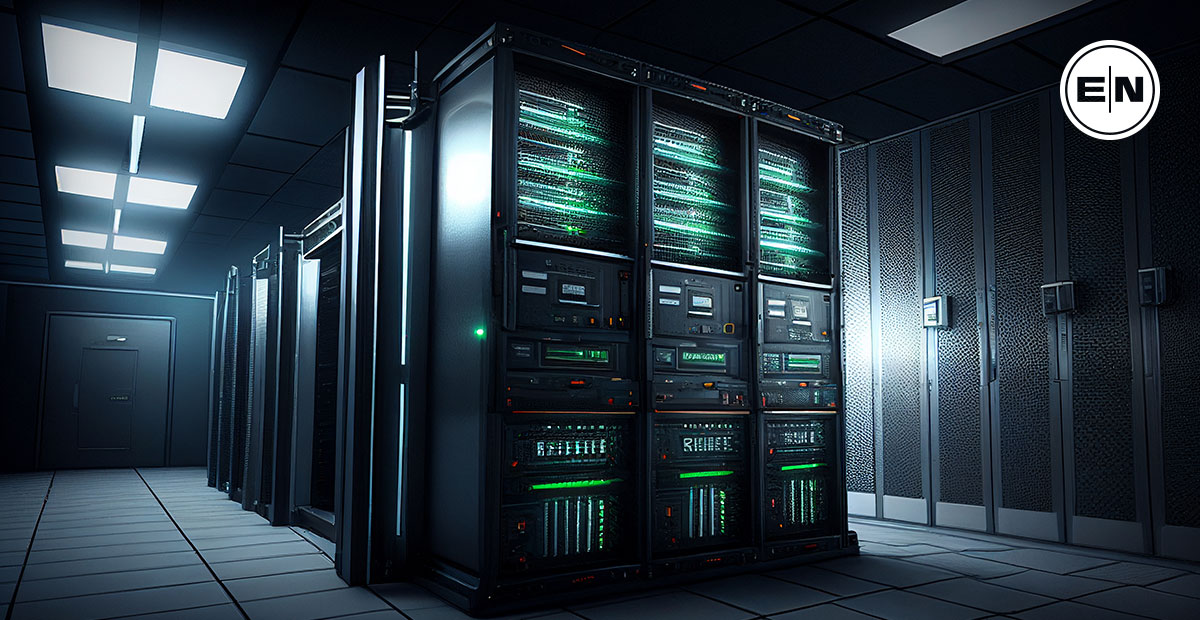Enterprise Router vs Home Router

What is a Router?
A router is a device that connects your computer to the internet and allows you to share files, printers, and other devices on your network with others in your home or office. A router also provides security for your data by filtering out unwanted traffic from the outside world. Routers are typically connected directly to your modem or cable/DSL box.
What Does a Router Do?
Routers connect computers to the Internet, allowing them to communicate with each other over the local area network (LAN). They can be used to provide wireless access points for wireless networks. Routers can also be used to create virtual private networks (VPNs) so that multiple users can have secure connections to the Internet through one public IP address.
Features of Home Router
The following features are common to most basic home routers:
Port forwarding – Allows you to forward incoming requests on specific ports to another port on the same router or to a different router. For example, if you want to stream media content from your PC to your TV, you can use port forwarding to direct the request to your router instead of your ISP’s server.
Firewall – Protects against unauthorized access to your network. Most home routers come equipped with a firewall that blocks certain types of malicious activity.
Wireless Access Point – This provides an easy way to add wireless networking capabilities to your home or small office. You can set up a wireless network using this feature.
Dynamic DNS- lets you automatically update the domain name servers on your router when your external IP changes, making it easier to find your router online.
Parental Control – This enables parents to control what their children do online. Some routers offer parental controls that let you block websites based on categories like gambling etc.
QoS – Improves the performance of streaming video and audio applications. It lets you prioritize bandwidth for important tasks like downloading large files or playing games.
VPN – Creates a secure tunnel between two locations. Using a VPN, you can securely access resources on the web while remaining anonymous.
Network Map – Displays information about your network’s current state, including which computers are currently connected and how much bandwidth they’re consuming.
Features of Enterprise Router
A business router is designed to handle more complex networks than a home router, and a business router will have many more features than a consumer router. The most common enterprise router features include the following:
Quality Of Service (QOS) – Improves the overall performance of the network by prioritizing certain types of traffic over others, such as voice over data.
Advanced Firewall – Blocks unwanted incoming connections from malicious hackers and other intruders.
Port Forwarding – Allows users to forward specific ports through the firewall so that they can connect to services outside the local network.
DHCP Server – Automatically assigns IP addresses to new devices connecting to the network.
Static Routing – Uses predefined routes instead of dynamic routing.
VPN – Encrypts all data sent between client computers and servers using strong cryptography.
Wireless Access Point – Allows wireless clients to connect to the network without being physically wired into it.
Dynamic DNS – Changes the IP address assigned to your computer automatically when its location changes.
What’s the Difference: Enterprise Router vs Home Router
Business routers are typically larger and more powerful than consumer routers. They also offer advanced security features like parental controls, QoS, and port forwarding. Some enterprise routers even provide network support for virtual private networks (VPN).
Consumer routers usually cost less money than enterprise routers. However, they lack many of the advanced features offered by enterprise routers. For example, consumer routers don’t usually have built-in parental controls or QoS.
If you’re looking for an affordable way to set up a small office or home network, then a consumer router may be just what you need. But if you want to build a robust network capable of handling large amounts of data and high traffic volumes, you’ll probably want to invest in an enterprise router.
In conclusion, a consumer router is probably what you need if you’re looking for a basic home or small office router. A business router might be right for you if you want something with better performance and extra features.





